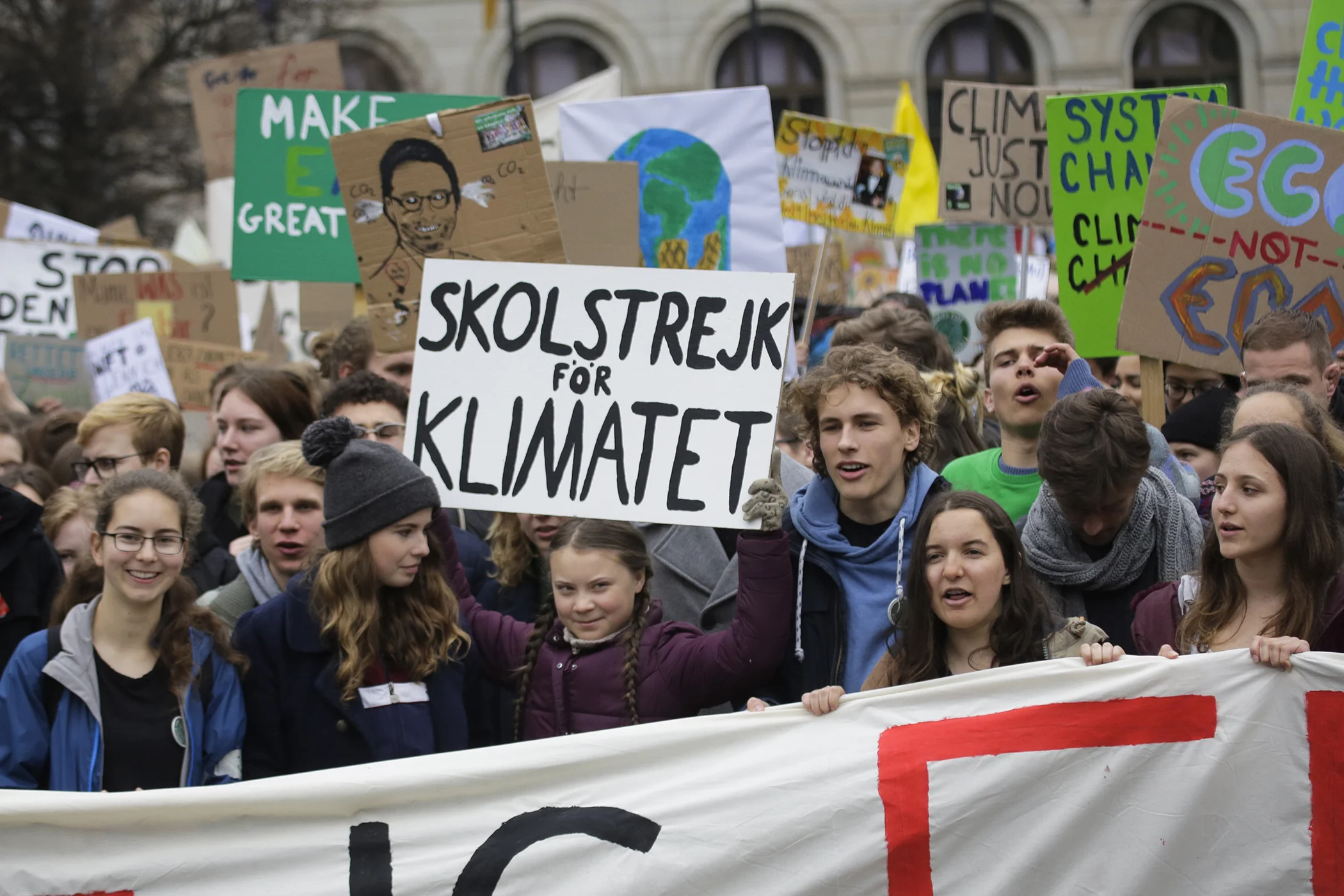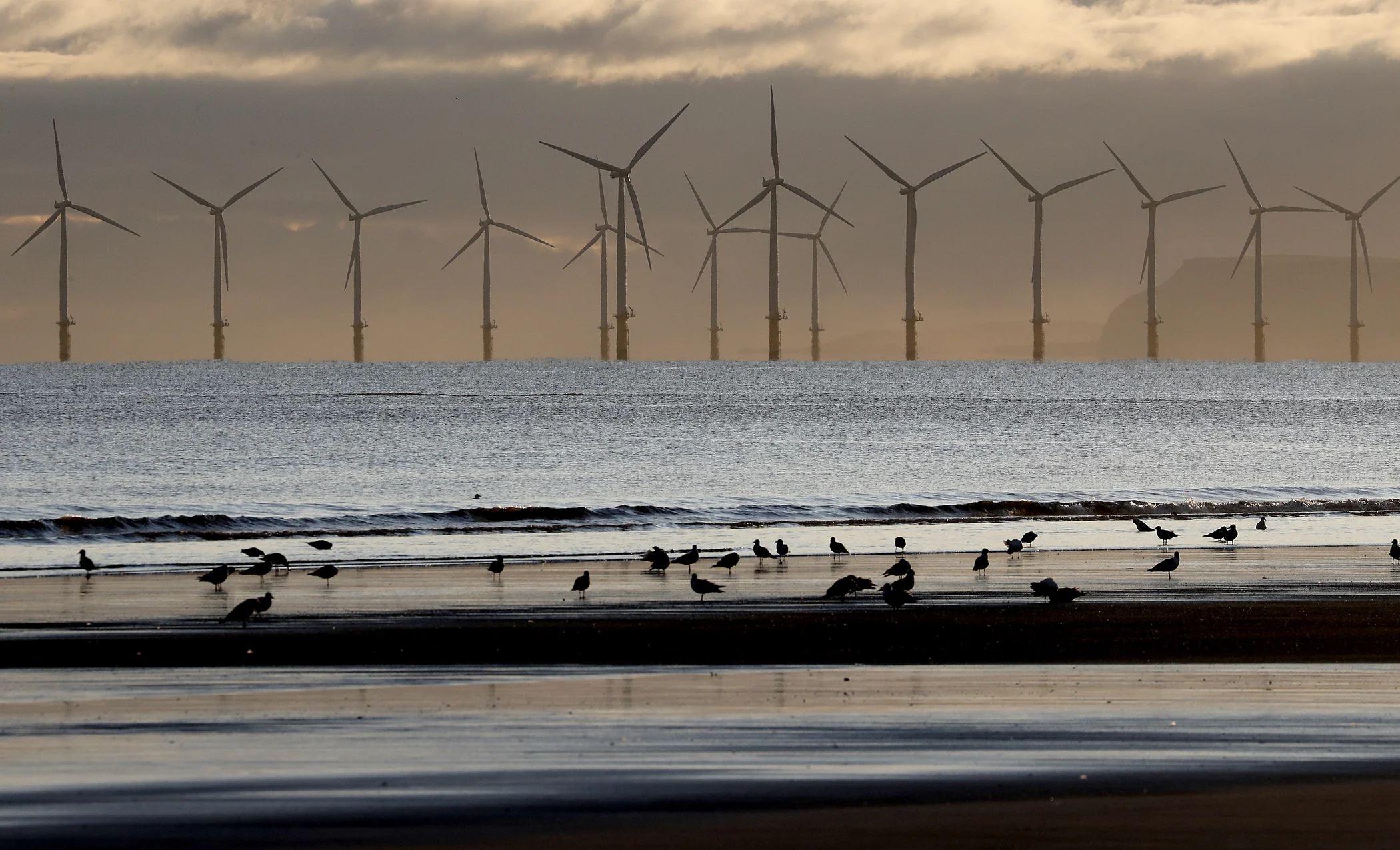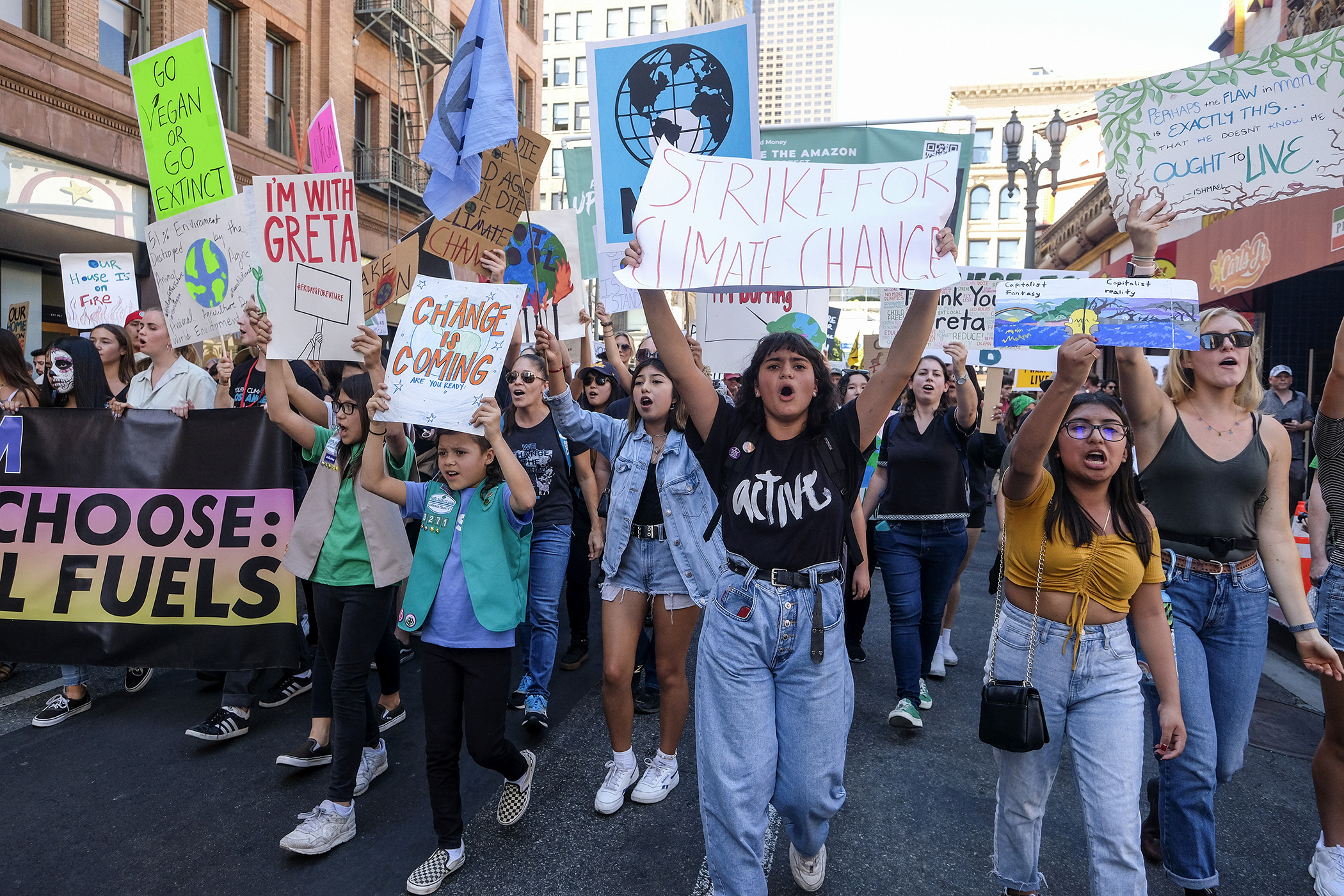Oceans, forests, glaciers, grasslands — nearly every part of the world’s environment is being harmed in some way.
Natural resources are being severely overexploited, various kinds of pollution are degrading important habitats, and greenhouse gases are turning the planet into a hot house, inhospitable to plant and animal life.
“The last five years have been the hottest ever recorded. Sea levels are at the highest in human history,” Antonio Guterres, the United Nations secretary-general, said in an opening statement at COP25, the UN’s annual climate conference, earlier this month. “The point of no return is no longer over the horizon. It is in sight and is hurtling toward us.”
He later added: “Do we really want to be remembered as the generation that buried its head in the sand, that fiddled while the planet burned?”
Guterres’ speech was blunt and forceful, but it wasn’t entirely bleak. He paired his grim warning with a plea for optimism, highlighting positive trends around the world.
“The technologies that are necessary to make [the Paris climate agreement] possible are already available,” he said. “The signals of hope are multiplying. Public opinion is waking up everywhere. Young people are showing remarkable leadership and mobilization.”
In a decade from now, 2019 may be regarded as a turning point: the year when countries began to wake up to the climate crisis. Mass movements are generating seemingly irreversible momentum toward sustainability. Governments are increasing investments in renewable energy and transforming infrastructure, while companies are voluntarily becoming champions of the Paris climate agreement.
Here are 10 of the most promising environmental developments of 2019.
1. Massive Protests
 Swedish climate activist Greta Thunberg, center, lifts her sign which reads 'school strike for the climate' as she attends the 'Friday For Future' rally in Berlin, Germany on March 29, 2019.
Swedish climate activist Greta Thunberg, center, lifts her sign which reads 'school strike for the climate' as she attends the 'Friday For Future' rally in Berlin, Germany on March 29, 2019.
Swedish climate activist Greta Thunberg, center, lifts her sign which reads 'school strike for the climate' as she attends the 'Friday For Future' rally in Berlin, Germany on March 29, 2019.
Major protests filled intersections worldwide throughout 2019, taking place on strategic dates as well as recurring through weekly gatherings.
Greta Thunberg’s “Fridays for Futures” school protests went global in 2019 and resulted in millions of students skipping class to call for climate action. In fact, “climate strike” was declared the word of the year by Collins Dictionary.
Protests led by the group Extinction Rebellion raised the stakes for civil disobedience and added much needed urgency to policy discussions surrounding climate change.
2. Global Youth Movement
Young people around the world furiously called for an end to fossil fuels. They situated their efforts in a larger campaign for a progressive and wholesale transformation of society to protect ecosystems, redistribute wealth, empower Indigenous communities, and more.
Youth leaders, including Thunberg, emerged to condemn world leaders who threatened the future of the planet by failing to take climate action.
Their tireless campaigning has helped to make climate change an urgent political issue.
3. Climate Emergency Declarations
More than 1,200 governments, including 26 national governments, declared climate emergencies in 2019. These declarations are largely symbolic, but they build momentum for tangible legislation and pointedly define climate change as an existential threat.
In many countries, bold plans to confront the climate crisis were articulated, including in the US, where the Green New Deal was introduced.
4. Renewable Energy Gains
 An offshore wind farm is visible from the beach in Hartlepool, England, Nov. 12, 2019.
An offshore wind farm is visible from the beach in Hartlepool, England, Nov. 12, 2019.
An offshore wind farm is visible from the beach in Hartlepool, England, Nov. 12, 2019.
The cost of installing wind power has declined by 50% since 2010, while solar costs have fallen by 85%. Renewable energy is now cheaper than fossil fuels. The only thing holding the industry back is investment and manpower. By 2024, renewable energy capacity is expected to grow by 50%, a figure that could be higher if governments ramp up funding and shift subsidies currently going to fossil fuels to clean energy, new research from this year notes.
Within the renewable energy field, new technology promises further exponential gains. For instance, the Bill Gates-backed startup Heliogen has pioneered a way to generate temperatures exceeding 1,000 degrees Celsius through solar panels. These extreme heats would allow solar energy to replace fossil fuels in heavy industries such as steel and cement manufacturing.
Researchers recently developed solar panels that can continuously remove dust build-up that interferes with energy absorption. This seemingly minor innovation could dramatically improve solar panel efficiency.
Offshore wind farms, meanwhile, are finally taking off, with areas such as the European Union generating significant amounts of energy from these turbines. Research has shown an offshore wind farm the size of Greenland would be able to supply all of the world’s energy demands.
5. Protecting the Ocean
 Divers swim near coral reefs teeming with fishes in the water off Komodo island, Indonesia.
Divers swim near coral reefs teeming with fishes in the water off Komodo island, Indonesia.
Divers swim near coral reefs teeming with fishes in the water off Komodo island, Indonesia.
The ocean is bearing the brunt of the climate crisis, absorbing an atomic bomb worth of heat every second and so much carbon that’s it’s pH level is changing. The ocean is also being filled with plastic and industrial pollution, bombarded with extreme noise pollution, and plundered by massive fishing vessels of marine species.
The UN is working to shield the ocean from these threats through a series of global pacts.
In May, 186 countries agreed to prevent ocean plastic pollution by improving waste management systems.
Dozens of companies signed a pledge to prioritize the health of the oceans in their day-to-day operations.
Over the course of the year, countries designated dozens of marine protected areas that limit fishing and resource extraction and shield ecosystems from pollution and other forms of destruction.
6. Plastic Bans
 Produce is displayed for sale alongside a roll of plastic bags at a supermarket in New York City in March 2019. New York lawmakers are working through a budget that would include a state wide ban on single use plastic bags.
Produce is displayed for sale alongside a roll of plastic bags at a supermarket in New York City in March 2019. New York lawmakers are working through a budget that would include a state wide ban on single use plastic bags.
Produce is displayed for sale alongside a roll of plastic bags at a supermarket in New York City in March 2019. New York lawmakers are working through a budget that would include a state wide ban on single use plastic bags.
In addition to the UN’s efforts to prevent plastic from contaminating the ocean, dozens of countries are cracking down on plastic pollution. The European Union voted to phase out most single-use plastics in March, setting a standard for other regions to follow.
Countries such as India and Germany announced bans on most types of single-use plastic, while states states in Australia and provinces in Canada announced bans on single-use plastic bags.
These state-level decisions are being supported by companies that are trying to get ahead of the curve.
Some of the biggest multinational corporations such as McDonald’s and Starbucks are going all-in on plastic alternatives. Others such as Unilever are trying to move beyond single-use items entirely by investing in “milkman” models of consumption, in which containers are collected, refilled, and redistributed.
7. Plant-Based Foods

Burger King, Dunkin Donuts, Carl’s Jr., and other fast food companies added plant-based meats to their menus this year, indicating the sea change in attitudes that has taken place toward meat alternatives.
Plant-based meats are radically more sustainable than animal products and could help to restore forests, waterways, and soil worldwide. The mainstream acceptance of these foods could help curb the food system’s environmental impact.
Read More: 9 Reasons Why Plant-Based Meat Is the Food of the Future
8. Corporate Buy-In
Many of the world’s leading companies have determined that mitigating and adapting to climate change presents a multi-trillion dollar investment opportunity. Multinational corporations have also become some of the strongest supporters of the Paris climate agreement, suggesting that the private sector could become advocates for the types of environmental regulations that could protect the planet.
In the run-up to the UN’s annual climate conference, companies and unions representing tens of millions of workers affirmed their support for the Paris climate agreement and vowed to work together.
9. Regenerative Agriculture

Agriculture accounts for an estimated 8.4% of all greenhouse gas emissions, but growing crops and raising livestock doesn’t have to be a climate liability. Throughout 2019, farmers, companies, and governments made concerted efforts to pursue regenerative agriculture. The concept even got a shout-out during a presidential primary debate in the US.
Regenerative agriculture treats the soil as a living system that has to be nourished and protected from hazardous substances. It calls for farmers to rotate crops and replant forests. When soil is allowed to flourish, it turns land into an emissions sink that sucks carbon dioxide out of the atmosphere.
10. Divestment Wins
The movement to divest funds from fossil fuel companies achieved further victories in 2019. More than $11 trillion has been divested to date, including more than $2 trillion in funds this year.
Divestment is the opposite of investment. In this case, it opens the door to inflict financial damage on fossil fuel companies by encouraging companies and institutions to invest instead in renewable energy.
If enough entities were to divest from fossil fuels, then enormous financial pressure could cause economies to reorient around sustainable forms of energy.



